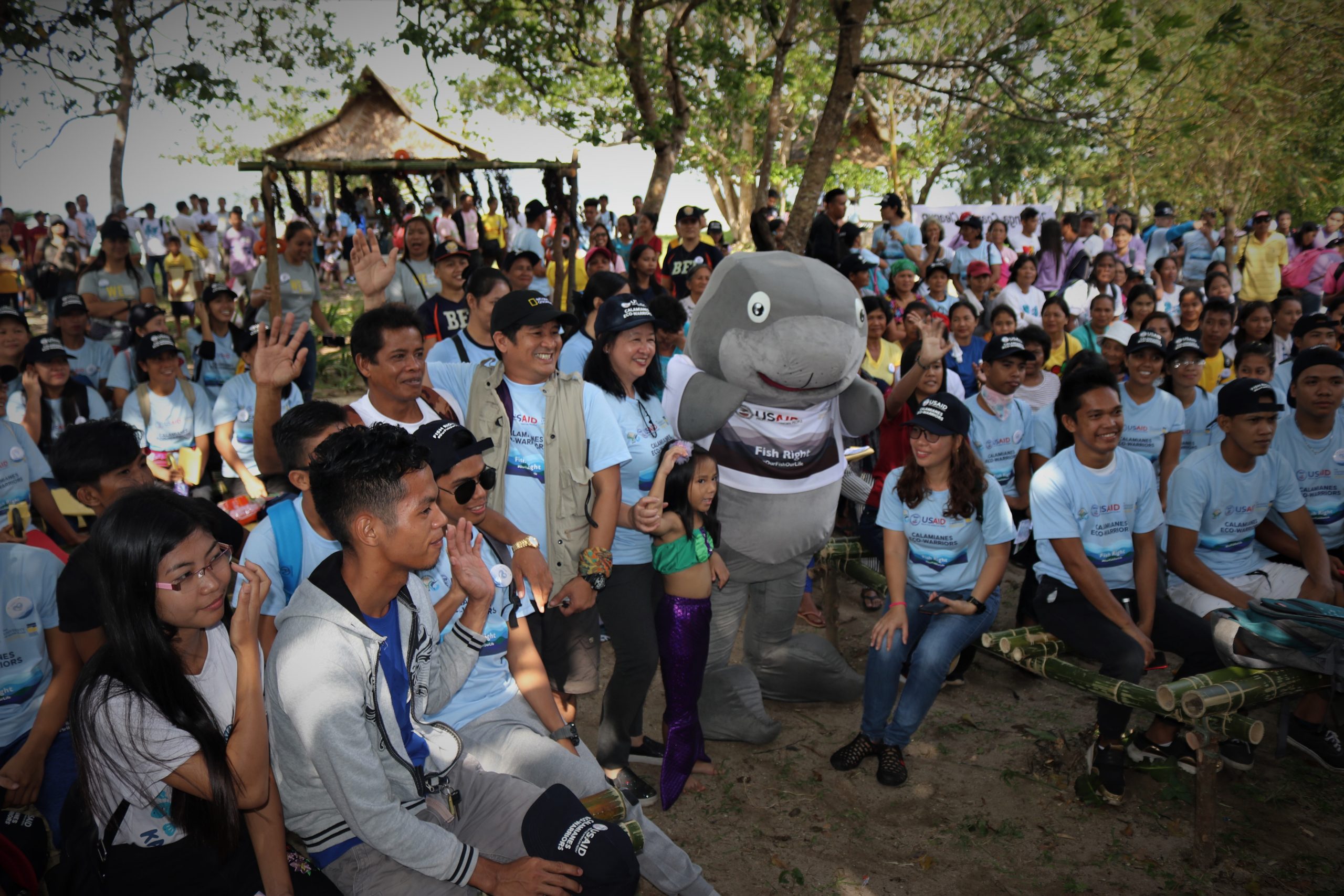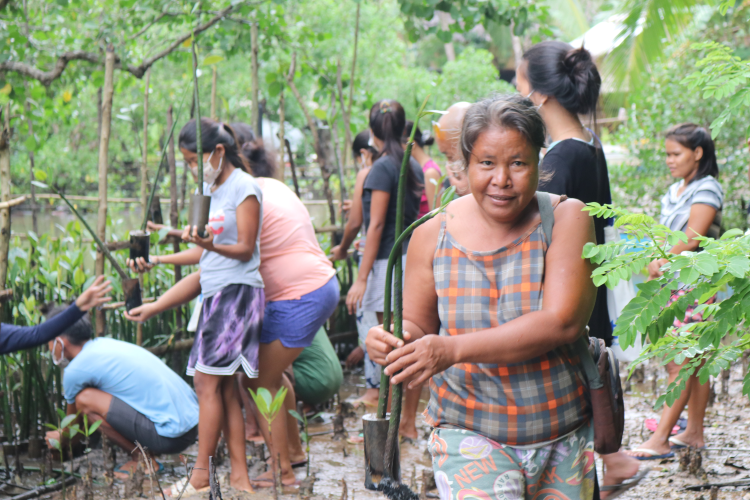We Empower Communities
with self-help approaches that are manageable and sustainable at the local level


WHAT WE DO
Over the past 27 years, PFPI spearheaded a number of innovative programs that provided vital information, education, and services to hundreds of thousands of Filipinos in order to improve their health and well-being. While initially focused on human health, PFPI became increasingly conscious of the interdependence of human health and ecosystem health dynamics. Under the Integrated Population and Coastal Resource Management (IPOPCORM) Initiative, the organization explored the links between overfishing, overpopulation, and child malnutrition in remote coastal areas of the Philippines in the year 2000. PFPI and its partners measured and documented the benefits of an integrated population-health-environment (PHE) response over sectoral management approaches over six years of intensive fieldwork. USAID and others recognized the study’s rigor and acclaimed the results as the first quantitative evidence of PHE’s preeminence. Several donor agencies supported the global dissemination of IPOPCORM’s lessons and best practices, while others funded the model’s expansion in the Philippines and adaptation in other developing Asian, African, and Pacific countries. PFPI became synonymous with PHE and has since worked with disadvantaged communities to adapt the model to address other threats, particularly those posed by climate change.
AREAS OF SPECIALIZATION
PFPI’s core competencies include capacity-building, policy advocacy, behavior change communication (BCC), social marketing, community outreach systems development, operations research, program monitoring, and evaluation. PFPI has engaged a diverse range of Filipinos in self-help and development activities, including youth, women, men, fisherfolk, overseas Filipino workers and their dependents, tourism industry-related workers, individuals at risk of HIV/AIDS, national and local policymakers, and the private sector, including drug store operators and small entrepreneurs in communities. PFPI develops, implements, and evaluates innovative community development models that span the population, health, environment (PHE), and climate change sectors and include sustainable livelihood enterprises, alternative energy, and education. PFPI specializes in peer-mediated behavior change and has developed numerous training curricula, job aids, support materials, and other tools to strengthen the capacity of government/NGO partners and target groups in communities to promote pro-health and pro-environment practices and encourage other desired behavioral changes.
Want to know more of PFPI’s advocacies?
